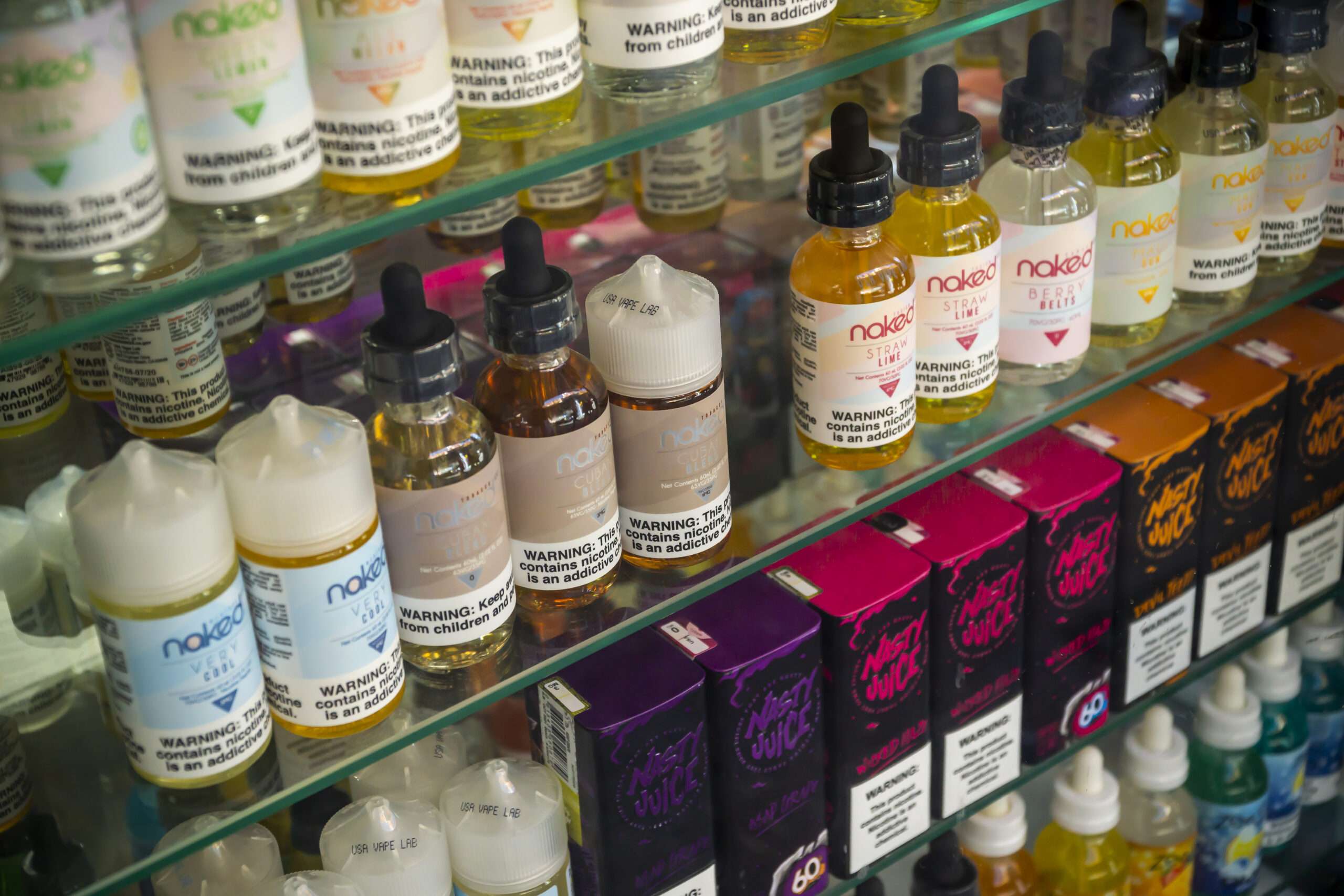A Shift in Leadership Highlights the Importance of the E-Cigarette Case Considered by SCOTUS This Week
The Food and Drug Administration (FDA) has historically only approved nicotine vaping products with tobacco or menthol flavors, and it appears unlikely to change its stance unless future regulatory approaches evolve significantly. During his first term, President Donald Trump claimed he “saved flavored vaping” and has promised to do so again, indicating the importance of the ongoing legal battle between the FDA and Triton Distribution. Triton, a Dallas-based e-liquid manufacturer, is contesting the FDA’s rejection of its premarket approval applications for flavored vaping products. A favorable ruling for Triton in the case could allow the company to continue operations while it submits new applications, and a potential change in administration might yield a more favorable regulatory environment for adult vapers, particularly those who prefer flavored products the FDA has deemed a threat to youth.
A pivotal 5th Circuit Court of Appeals ruling deemed the FDA’s actions “arbitrary and capricious,” emphasizing that the agency altered its approval criteria after Triton’s applications were submitted. Initially, the FDA had not specified the type of scientific evidence required from manufacturers. However, it later mandated demanding studies demonstrating that flavored vaping products are more effective than tobacco-flavored ones in assisting smokers in quitting. The FDA also revised its stance on underage access safeguards, ignoring initial claims that marketing strategies against underage access would be critical in application evaluations. Much of the Supreme Court’s oral argument focused on whether this shift in criteria constituted a valid critique from Triton.
Justice Elena Kagan indicated that the FDA had been forthright and maintained that flavored products unduly appeal to youth. However, Triton’s lawyer, Eric Heyer, countered with survey data showing that adult smokers who transition to vaping greatly prefer flavors like fruit or dessert. The Deputy Solicitor General representing the FDA claimed a certain percentage of youth still used advanced vape systems, but this was misleading, given that data showed only a very small fraction of teenagers actually used the specific systems Triton sold. Interestingly, some justices seemed confused about the fundamental distinction between nicotine and tobacco in vaping products, which highlights a potential disconnect in understanding the industry and its consumers.
The criticisms of the FDA’s decision-making process showcased its inconsistent regulatory guidance, leading to claims of arbitrary enforcement. For instance, justices like Clarence Thomas and Samuel Alito acknowledged that the shifting criteria caused significant confusion and hardships for manufacturers trying to comply with varying requirements. Additionally, some justices raised questions regarding due process rights, considering that the nature of the regulations could seriously impact the survival of businesses like Triton’s. The FDA argued that the discretion from the Family Smoking Prevention and Tobacco Control Act provides a legal framework justifying its often shifting guidelines.
Despite recognizing the lower health risks associated with e-cigarettes compared to traditional tobacco products, the FDA has fixated on concerns over underage consumption. This conservative stance risks neglecting the potential public health improvements that might arise if those who might otherwise smoke choose to vape instead. The agency’s apprehension about youth nicotine addiction seems to overshadow the significant declines in e-cigarette use among teenagers documented in recent surveys. Furthermore, the FDA has enforced a categorical rejection of flavored vape products despite them being less popular among younger users.
The core issue at stake in this legal battle is the FDA’s apparent failure to communicate clearly with manufacturers about the evolving criteria for product approval. Legal experts indicate that the possibility of re-applying for approval offers Triton little relief given the pressing operational timelines of the company, which could face immediate regulatory enforcement. Insights into the future of flavored vaping hinge on whether the incoming administration under Trump will embrace a less stringent approach towards flavored vaping products. This perspective is particularly bolstered by Trump’s critical remarks towards the FDA’s handling of regulation, suggesting that changes may lead to a more favorable landscape for both manufacturers like Triton and the adult consumers who rely on these products.
Share this content:












Post Comment